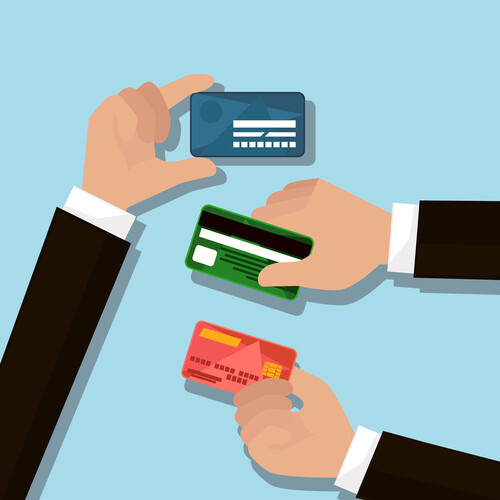The holiday season is an expensive time of year. Many Aussies resort to credit to get by, but this often results in a lingering debt hangover.
A recent study by Finder revealed that 37% of Aussies will still be repaying their Christmas debt in 2020. Carrying a high amount of debt can damage your credit score and impact your ability to seek finance in the future.
With this in mind, it’s important to take back control as soon as possible.
Below are some simple strategies for managing post-festive debt.
A balance transfer credit card
If you want to pay off your credit card debt sooner, a balance transfer may be able to help. Balance transfer credit cards charge a low or 0% interest rate for a period of 5–36 months.
You can transfer your existing debt across from another account or multiple cards, and pay it off quicker under a lower rate.
Keep in mind that after the promotional period ends, a higher rate of interest will apply. You, therefore, want to be able to pay off your existing balance before this period ends.

When comparing cards, make sure you take the following considerations into account:
Whether there is a balance transfer fee
The length of the introductory offer
Eligible debts you can transfer
The balance transfer revert rate
A debt consolidation loan
Carrying multiple forms of debt? You can transfer them all into one account, under one interest rate with a debt consolidation loan.
This type of loan can help to reduce fees and interest by combining your existing repayments into one single repayment. Rather than pay off your car loan, credit card and buy now pay later debt separately, you can tackle it all in one place. You may also benefit from a lower interest rate than what you’re currently paying.
A debt consolidation loan is only beneficial if you can afford your repayments. Otherwise, you may end up in even more debt than you were previously.

Below are some factors to consider before applying for a debt consolidation loan:
- Affordability: Make sure your future repayments will be cheaper to repay than your existing debts.
- Early repayment fees. If you pay off your loan early, you may be charged a fee by your lender. Make sure you’re across any early repayment policies.
- Legitimacy: Check your lender is ASIC-licensed and authorised to operate in Australia.
Prioritise your payments
Hesitant to take out another credit card or loan? Prioritising your existing payments can be a cost-effective way to get back on track. Line up your debts from the highest to the lowest interest rate. From here, pay the minimum repayment on each of the debts, except for the one with the highest interest rate.
For the debt with the highest rate, you should contribute as much money as you can each month. Once this debt has been repaid in full, you can then work your way down to the next highest interest rate.
This strategy may not offer instant rewards, but patience can pay off in the long run. Keep in mind that this strategy may not work in every situation.
Everyone’s financial circumstances are different and no two debts are the same. A debt reduction strategy that works for one person may not work for another. The most important thing is to make a realistic plan and stick to it.

